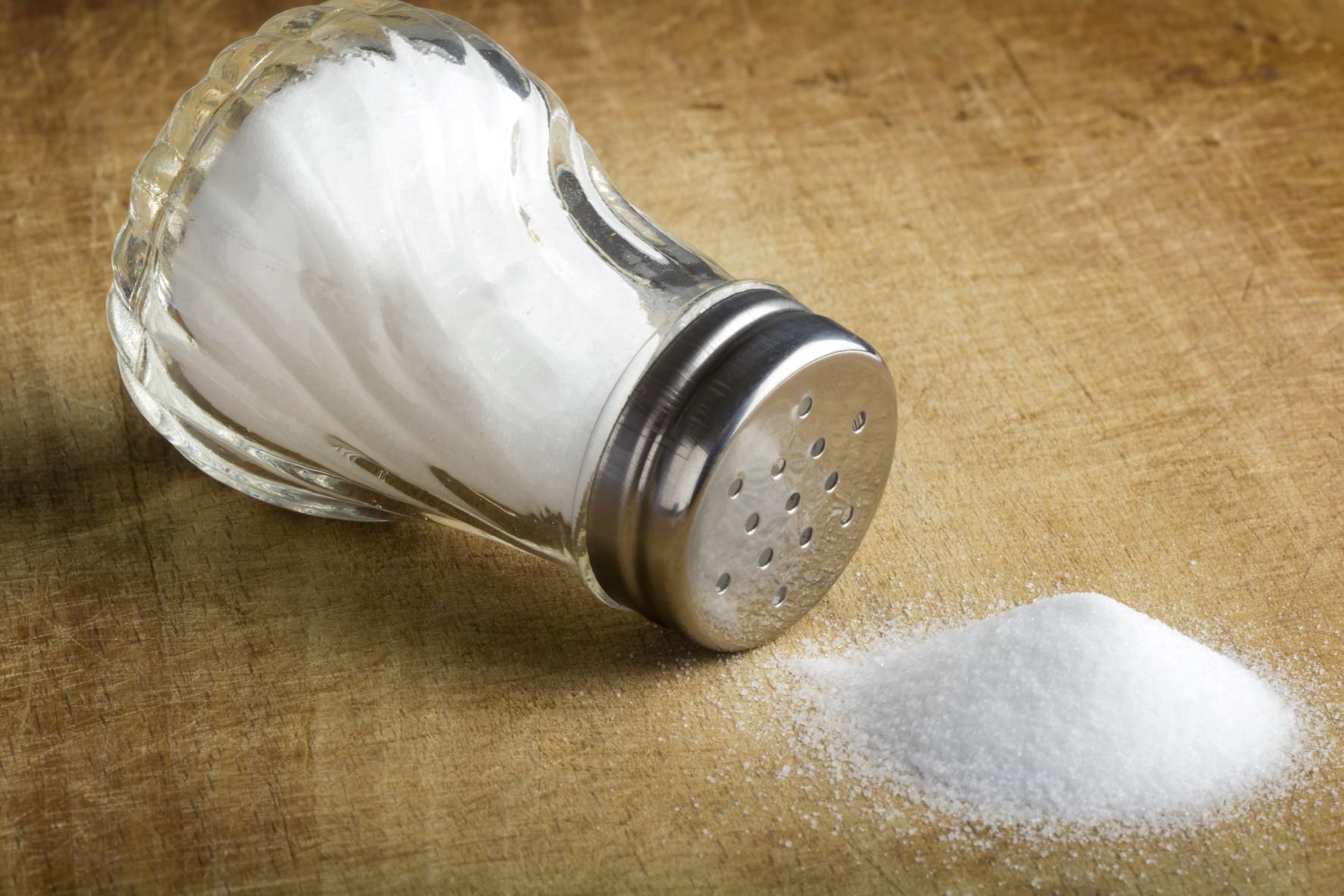The FDA’s New Guidance on Salt
By Lizzie Streit, MS, RDN, LD
In October, the Food and Drug Administration (FDA) released new guidance for the food industry to cut back on salt. The goal of this guidance is to help Americans decrease excessive sodium intake, which can increase the risk of high blood pressure. High blood pressure is a risk factor for heart disease—the number one killer of Americans.
Wondering what exactly the FDA guidance entails? This post includes the details and how Healthy For Life Meals already does better than the FDA’s suggestions!
2021 FDA Guidance on Salt
With their new guidance, the FDA is asking the food industry to voluntarily cut back on salt added to foods over the next two and a half years. The goal is to help Americans reduce their average daily sodium intake from 3,400 mg to 3,000 mg over time.
This guidance applies to commercially processed, packaged, and prepared foods, with different sodium targets for different food categories. Examples of affected foods include tomato sauce, potato chips, canned soups, condiments, and frozen dinners. Meals from chain restaurants also fall under the guidance. Food manufacturers are not required to meet the guidance, but the FDA will monitor the industry and issue rewards to those who make efforts to decrease salt in foods.
While it seems reasonable that the food industry can gradually reduce sodium in foods over time, it will be challenging for some companies who use salt to maintain a food’s shelf-life and flavor. In addition, the goal of the FDA guidance to decrease average sodium intake to 3,000 mg per day still does not align with current sodium recommendations. The 2020-2025 USDA Dietary Guidelines for Americans suggest that people 14 years of age and older limit salt intake to 2,300 mg per day.
Reducing Sodium Intake and Healthy For Life Meals
According to the FDA’s new guidance, over 70% of the sodium that Americans consume comes from salt added during manufacturing and commercial preparation. It makes sense that decreasing added salt in processed foods can therefore help reduce sodium intake. But cutting back on these types of foods and preparing more food from scratch can make an even bigger difference!
Using whole, minimally processed ingredients to cook recipes from scratch can help you make low sodium meals. Seasoning foods with herbs and spices, citrus juices, vinegars, unsalted broths, and other low-sodium flavor boosters in place of salt can also help.
Looking for another solution? Healthy For Life Meals can help! Our low sodium meal plans do even better than the goal of the FDA’s guidance to decrease sodium intake to 3,000 mg per day. With an average of under 1,500 mg of daily sodium in our 1200 calorie meal plan, we meet the American Heart Association’s suggested limit for most adults including those with high blood pressure.
Note from Healthy For Life Meals: Worried about sodium in processed and restaurant foods? Get started with one of our plans today! Our meal plans are low in sodium while still being fully prepared (no cooking required).

